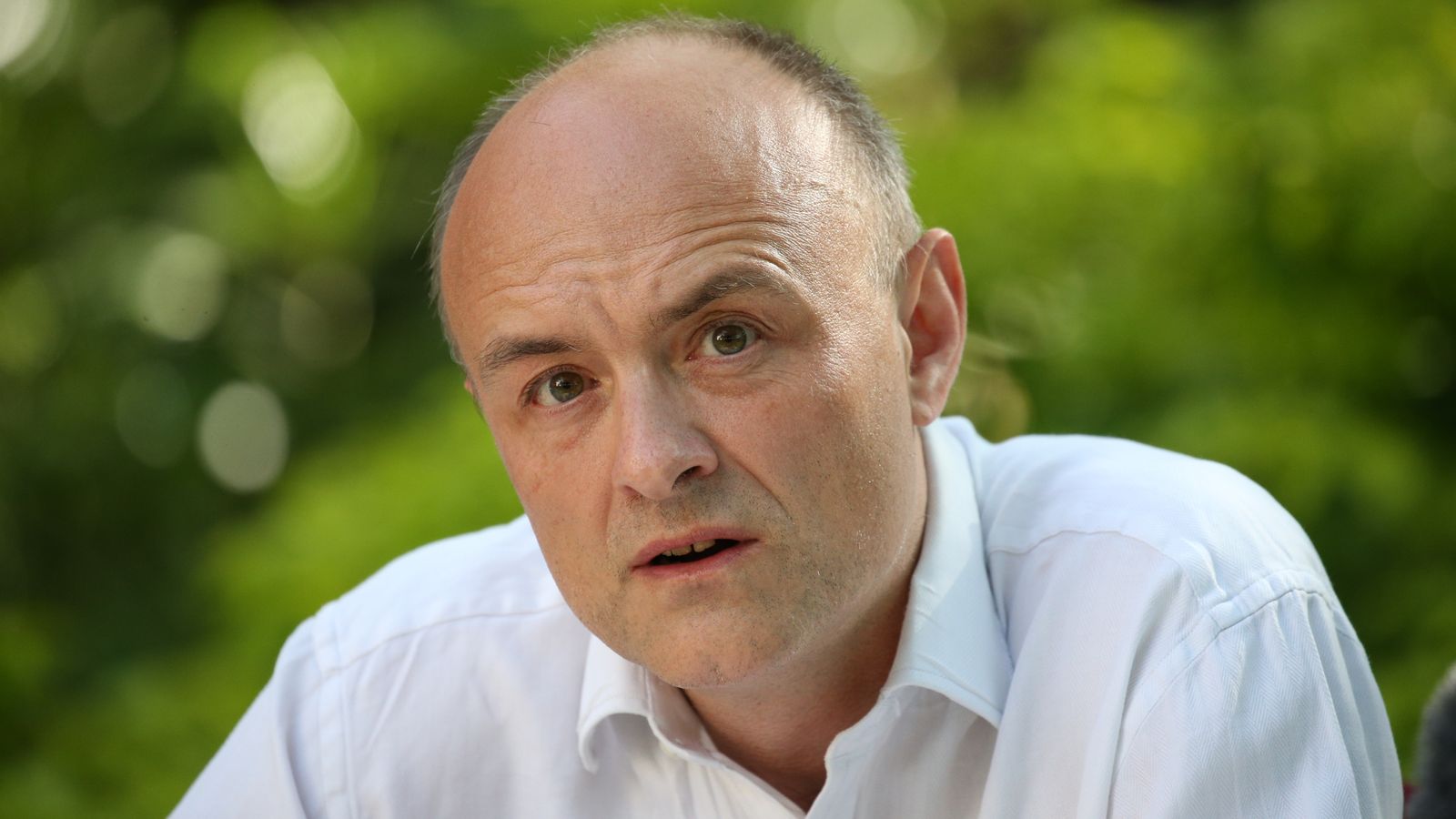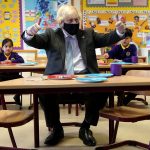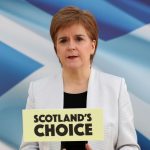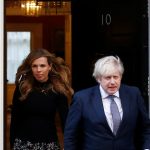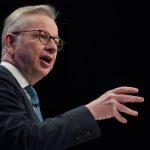Was the government too late to lockdown the country, not once but twice?
What really happened in the rollout of test and trace and around the awarding of PPE contracts?
Did the UK’s border policy fuel the virus and did the prime minister really say he’d rather see the bodies piled high in their thousands than lock down the country again (a claim Boris Johnson has repeatedly denied)?
All questions that have yet to be fully answered, but on Wednesday we will get a first hand account of the behind-the-scenes handling of the pandemic by the prime minister’s now estranged chief aide Dominic Cummings.
It will be box office viewing.
There is of course the intrigue into what Mr Cummings might now say about that trip to Barnard Castle and whether he’ll indulge in personal attacks on his former boss.
But his evidence will also offer an account of decisions made behind closed doors that affected millions of people – and affect us still.
For the prime minister’s pre-eminent advisor and a key decision-maker during the first 18 months of this pandemic to break cover and speak publicly before next year’s official inquiry is even under way is extremely unusual.
His unfiltered testimony on the government’s handling of the pandemic is likely to also be extremely difficult for Number 10.
Those MPs on the joint parliamentary committee – this hearing is a tie-up between the health and science and technology select committees – hope Mr Cummings’s testimony and evidence he has promised to provide might help them to begin to uncover what really happened in the run-up to the first and second lockdowns (in March and November 2020 respectively), as well as the government’s broader pandemic handling.
The session could run for up to four hours (butting into PMQs), and I’m told MPs will divide their questions into four categories (allowing an hour for each section).
Part one will deal with pandemic preparedness and the first lockdown. Part two will cover non-pharmaceutical interventions, such as test and trace and also Mr Cummings’s trip to Barnard Castle, and the knock-on effect that had for public policy.
Part three will explore the successful vaccination programme, while the final section will cover the decision-making (and controversy) around the second lockdown.
The two committee chairs, former cabinet ministers Jeremy Hunt and Greg Clark will lead two sections apiece with 20 MPs from the two committees each allowed five minutes each on one theme.
We’ve had a taster of what to expect on Wednesday when Mr Cummings appears before MPs after the former aide launched a week-long social media assault on the government’s early handling of the pandemic, in which he accused ministers of lying about a failed strategy to pursue herd immunity in February and early March rather than going more quickly into the first lockdown.
“The right line would have been what the PM knows is true: our original plan was wrong & we changed when we realised,” Mr Cummings tweeted.
“The whole ‘flatten the curve’ plan A was to get herd immunity by the summer and avoid [a] 2nd peak during the annual NHS winter crisis.”
Mr Cummings says the government ditched that policy when it became evident in the week of 9 March that “neither Hancock or the [Cabinet Office] understood herd immunity effects: 100s or 1000s choking to death + no NHS for *anybody* for months + dead unburied + economic implosion; so we moved to Plan B: suppression and Manhattan Project for drugs/vaccines and test & trace”.
Ministers have insisted herd immunity was never government policy.
The former advisor will also give evidence on the circumstances surrounding the second lockdown in November after Mr Johnson was advised (by scientific advisers and Mr Cummings) in late September to implement a two week ‘circuit break’.
The prime minister refused, only to then have to implement a four-week lockdown in November.
The events surrounding that second lockdown decision have been made all the more controversial in recent weeks after Mr Johnson was forced to deny saying he would rather see “bodies piled high in their thousands” than have a third COVID lockdown.
Mr Cummings will no doubt be asked for his account about those alleged remarks, with Number 10 figures braced for the former adviser to contradict his boss.
Beyond his verbal testimony, Mr Cummings has also promised the committee written evidence, tweeting last week that he had “the only copy of a crucial historical document from COVID decision-making” that he will provide to MPs.
However, I’m told that the committee will only publish written evidence after the hearing, after members have discussed what they are able to release.
Please use Chrome browser for a more accessible video player
One figure told me that some of the documents might be deemed sensitive under the Official Secrets Act.
But if documents are deemed relevant to something Mr Cummings gave in testimony, the committee will have a strong case to release to the public domain.
“There will be a long running inquiry into lessons learnt,” said one MP. “But this inquiry is meant to be practical, so that the relevant lessons can be applied now.”
Just as he did a year ago at the Rose Garden news conference, Mr Cummings’s appearance before MPs this week will no doubt offer political theatre but there will be much more to this session too.
With the official inquiry not due to start until spring 2022, this week we will get the first uncensored account of history from one of the main decision makers in the room.
